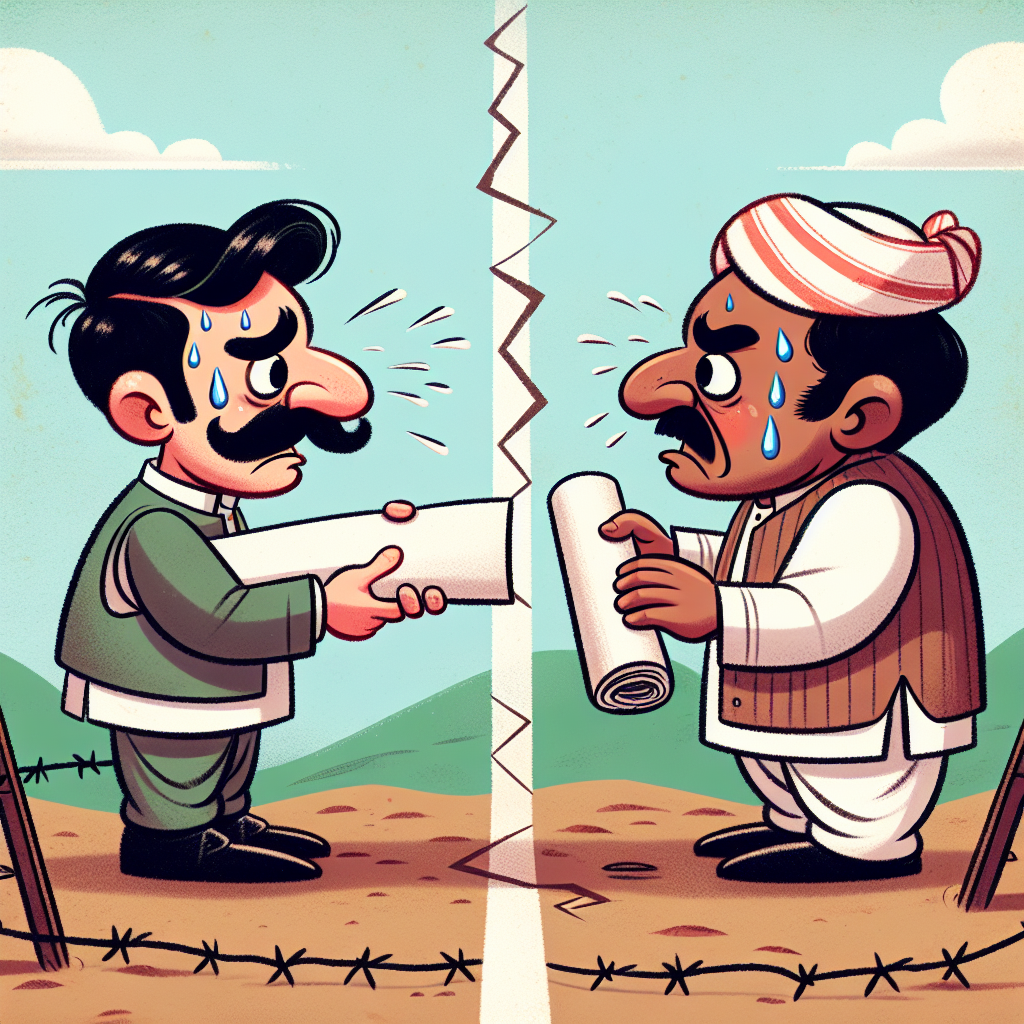Israel's Northern Tensions: Diplomatic Clock Ticking
Israeli Defense Minister Yoav Gallant warned U.S. Defense Secretary Lloyd Austin that time is running out for a diplomatic solution to the standoff with Hezbollah in southern Lebanon. The warning comes amid escalating military activities and a visit by White House Special Envoy Amos Hochstein aimed at mediating the crisis.

- Country:
- Israel
Israeli Defense Minister Yoav Gallant has alerted U.S. Defense Secretary Lloyd Austin that the window for a diplomatic resolution to the standoff with the Iranian-backed Hezbollah movement in southern Lebanon is rapidly closing. Gallant's comments came during a phone call, as the White House Special Envoy Amos Hochstein visited Israel to discuss the ongoing crisis on the northern border, where Israeli and Hezbollah forces have been engaged in missile exchanges for months.
"The possibility for an agreed framework in the northern arena is running out," Gallant stated, highlighting the ongoing conflict. He noted that as long as Hezbollah remained aligned with Hamas in Gaza, where Israeli forces have also been active, the situation would continue to escalate.
Hochstein's visit, which includes a meeting with Israeli Prime Minister Benjamin Netanyahu, occurs as both sides seek a diplomatic exit from a conflict that has led to significant displacement. On Monday, Israeli media reported that the head of the army's northern command suggested a swift border operation to create a buffer zone in southern Lebanon.
While the conflict in Gaza has been Israel's primary focus since the Hamas-led attack on October 7 last year, the northern tension has raised fears of a broader regional war involving the United States and Iran. A Hezbollah missile attack the day after October 7 intensified hostilities, leading to daily exchanges of rockets and artillery.
Hezbollah has claimed it does not seek a larger war but remains prepared to fight if Israel escalates. Israeli officials maintain that they cannot tolerate the constant threats to their northern borders indefinitely. However, questions about military readiness for an invasion of southern Lebanon persist, especially as troop commitments in Gaza continue.
Meanwhile, internal pressures mount, with some hardline Israeli government members calling for action. National Security Minister Itamar Ben-Gvir criticized Gallant's leadership and urged his dismissal, emphasizing the need for decisive action in the north.
The ongoing conflict has resulted in substantial casualties, with hundreds of Hezbollah fighters and dozens of Israeli soldiers and civilians killed. Communities on both sides of the border are largely abandoned, resembling ghost towns. Tensions peaked last month when Israeli forces killed a high-ranking Hezbollah commander in Beirut in retaliation for a missile attack that claimed 12 Israeli lives in the Golan Heights.
In response to the escalating threats, Israel's defense ministry announced the distribution of 9,000 automatic rifles to civilian rapid response units in northern Israel and the Golan Heights on Monday.
(With inputs from agencies.)










